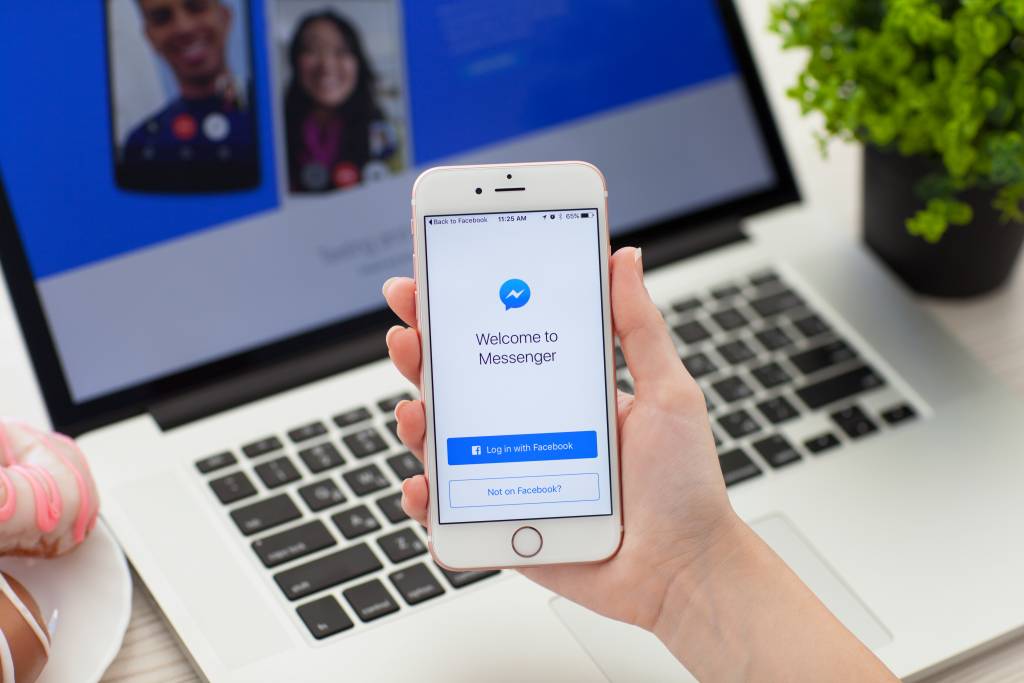Facebook Messenger is the new e-mail

Facebook is well known to everyone and most of us also have used the messaging service of Facebook, Messenger. On the desktop as part of the website, but on the smartphone Messenger has its own app as well. And with the knowledge that more than fifty percent of all Facebook usage goes via the smartphone, it is no surprise that Messenger is becoming an important messaging platform, alongside WhatsApp. That means, in addition to the threats in which many people think, a lot of opportunities too.
10% e-mails
Recently, research by Cars.com has shown that only ten percent of the emails that dealers send to leads are followed by a response from the potential customer. With Messenger, this percentage is well above seventy percent. And that is actually logical, because the customer of 2018 lives in his mobile phone, on his social media platforms, and gives his full attention to it.
E-mail is more of an interruption for many people than a nice way of communicating. Due to all the spam and the large stream of incoming e-mails (yes, I am also guilty), it has a historically low reading and response ratio. This does not apply to Messenger, which is why it is the next step towards better lead monitoring. The goal is a dialogue, and if it does not start because the customer doesn’t answer, that goal is not achieved.
Website
It is already possible to integrate Messenger into your website. After all, most people have a Facebook account and what you could do, for example, is to set up your website in such a way that certain information, like prices, is only visible when the customer logs into your website via Facebook. With such a Facebook login you can immediately request permission to communicate with the customer via Messenger. A big advantage is that, after logging in once, the customer never has to leave his data behind to fill in a lead, to ask for more information or anything else. After all, Facebook already has that information.
If the customer wants more information, Messenger is the natural way to communicate with the customer. It would really be a next step for dealers in the Netherlands who invest a lot of money and energy in their website, to test this next step and to use it.
Chat via Messenger
Also the chat does not escape Messenger. Many dealers in the United States working with ActivEngage do so in a combination. Through the Messenger API they have made a connection with their chat software. The customer and website visitor communicate fully via Messenger, while the technology and process behind it is simply the chat function that most dealers already know. The customer who does not want to chat via a normal chat screen may want to chat elsewhere. So here is a big advantage too, because you can easily communicate in a chat-like manner via Messenger.
Messenger and WhatsApp, which both belong to Facebook, will be given a dominant position when it comes to the communication between dealers and car companies with their future customers. Closing your eyes and thinking it is just a hype that will not last is like closing your business for future customers. Regardless of age, because, believe me, everyone uses Facebook.
About Paul and #DCDW
#DCDW was founded by Paul de Vries, the authority in the field of online automotive in the Netherlands. Paul uses his broad knowledge of the automotive industry to help sales people, sales managers and dealer management improve in their lead follow-up, sales and online marketing.
In addition, Paul is a frequently asked speaker, coach and motivator. He presents a podcast every week and two books with a collection of his inspiring blogs have already been published. Paul is also an automotive spokesperson of Marktplaats, an eBay company in the Netherlands.
